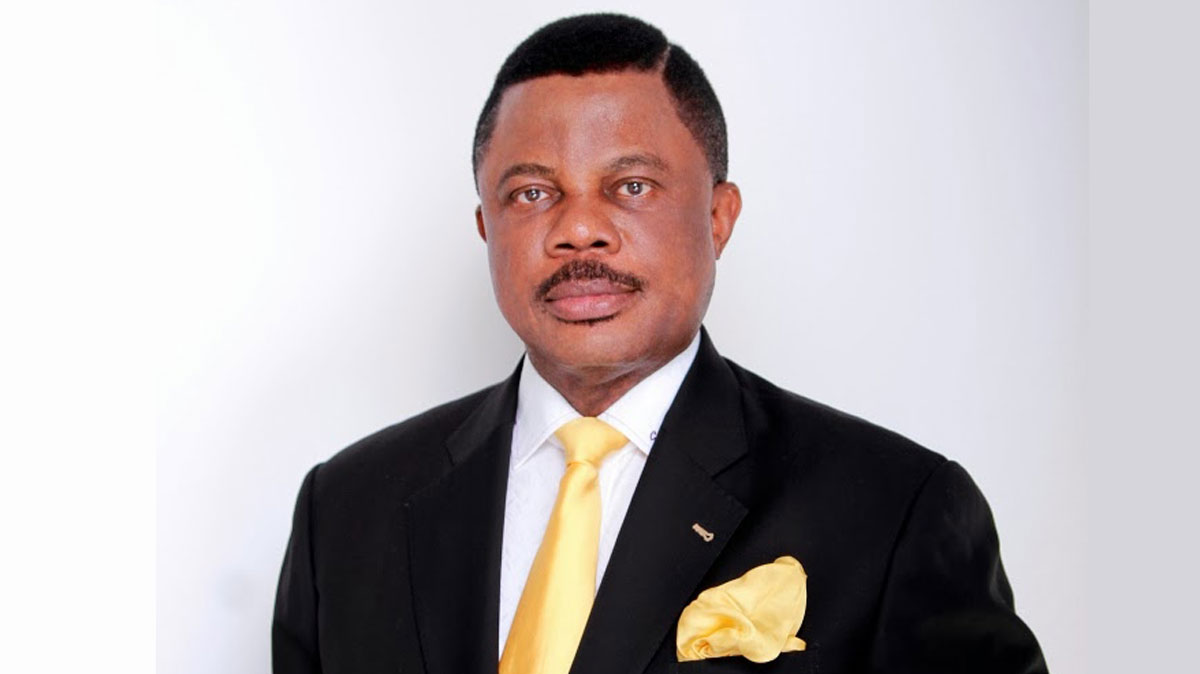The Economic and Financial Crimes Commission (EFCC) is scheduled to arraign the immediate-past governor of Anambra State, Willie Obiano, on Wednesday, January 24, before Justice Inyang Ekwo of the Federal High Court, Abuja. The charges against Obiano involve alleged money laundering totaling N4,008,573,350.
The decision to arraign the ex-governor follows EFCC Chairman Ola Olukoyede’s recent commitment to revisiting abandoned high-profile cases, particularly those involving former Governors and Ministers.
According to sources, Obiano is facing nine counts of charges, with accusations of moving N4,008,573,350 from security votes into various accounts. The funds were reportedly converted into dollars at different times and returned to Obiano in cash.
EFCC’s lead counsel, Slyvanus Tahir, SAN, along with eight other lawyers, will spearhead the trial. Some of the charges include accusations that, during his tenure as governor between March 2014 and March 2022, Obiano indirectly transferred funds from the Anambra State Government Security Vote Account to entities unrelated to the state government’s security affairs, constituting offenses under the Money Laundering (Prohibition) Act, 2011.
In response to inquiries, EFCC spokesperson Dele Oyewale confirmed the impending arraignment, stating, “Yes, we’re arraigning Obiano tomorrow.”
Obiano’s initial arrest occurred on March 17, 2022, at the Murtala Muhammad International Airport in Lagos as he was about to board a flight to the United States. The arrest took place shortly after he left office, losing his immunity from arrest and prosecution. The former governor had been on the EFCC’s watchlist due to corruption allegations, including the misappropriation of public funds, diversion of N5 billion Sure-P, and withdrawal of N37 billion security vote in cash, some of which were allegedly used to finance political activities in the state.


